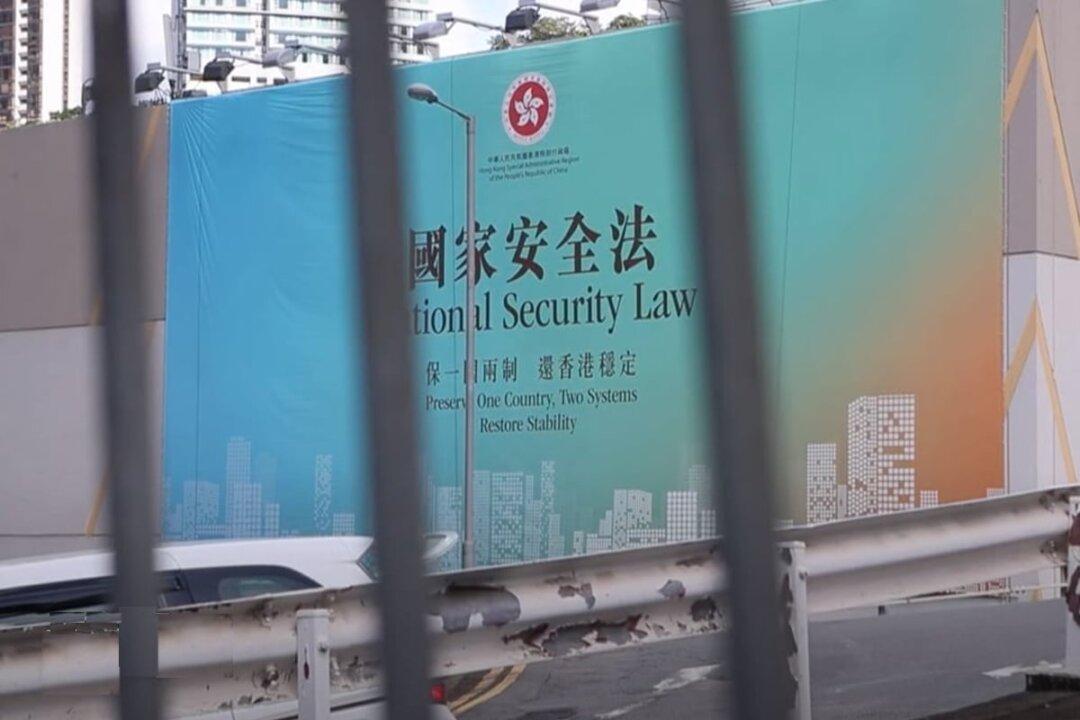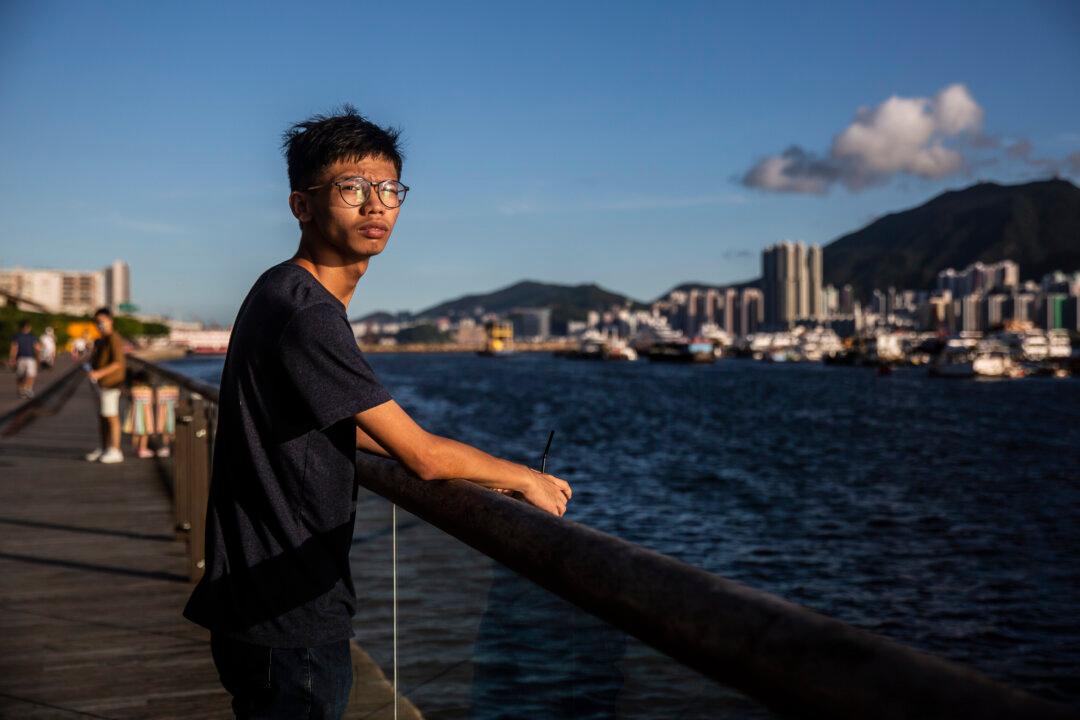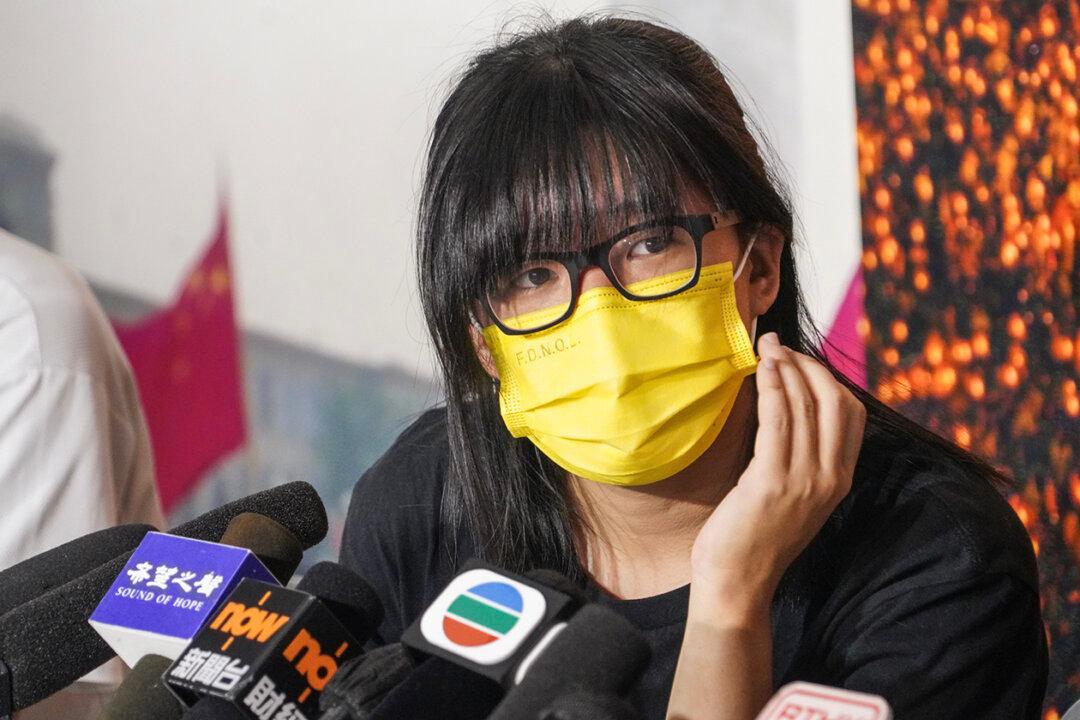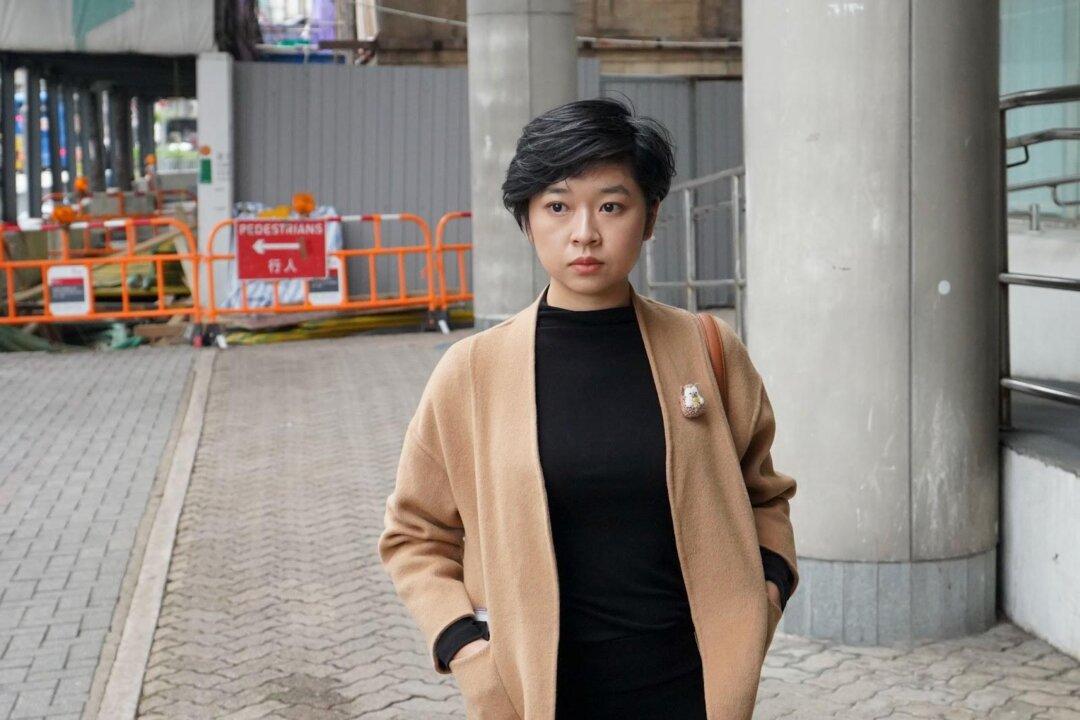At the Hong Kong Hospital Authority (HA) meeting on June 29, Chairperson Fan Hong-ling gave an update to the media on the latest loss of medical care personnel. He pointed out that as of the end of April, the attrition situation of doctors has improved slightly, with a net increase of 79 full-time doctors in the past 12 months, while the exodus of nurses continues unabated, with a net loss of 458.
Fan said the “Global Healthcare Talent Scheme” was officially launched earlier, hoping to attract medical professionals globally to join the HA for one to two years. Nearly 20 people from Europe, Southeast Asia, and mainland China have expressed interest. The HA will send delegates to discuss in more detail with the applicants and hope to recruit more than ten professionals by the end of the year.




